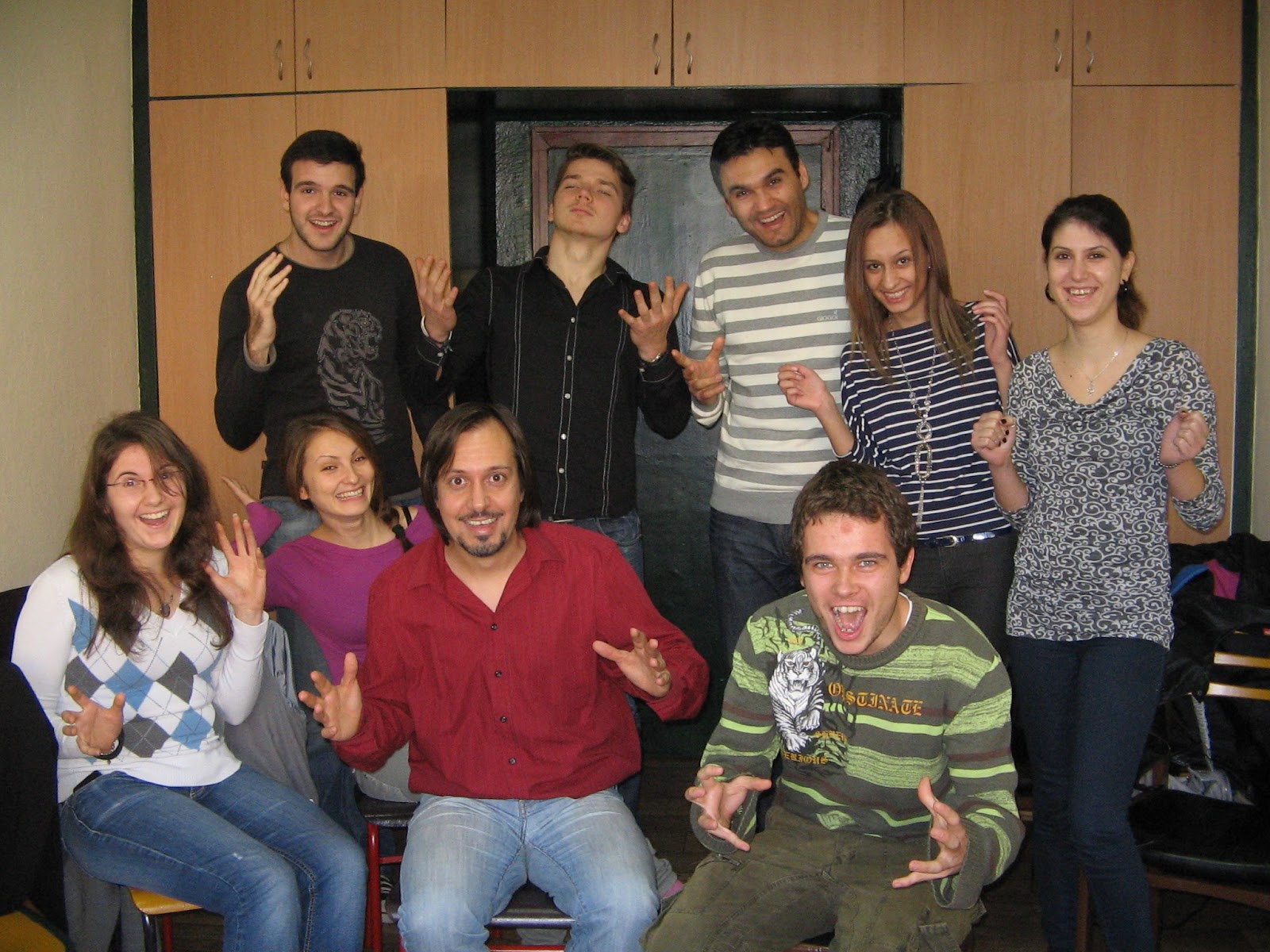How many people in the world have the same name like you? I asked myself to this two years ago when few people from another country contacted me, believing that I am the author of the "The Universal Law", a weird semi-scientific theory. I told them it is not me, and everything finished... but still something had puzzled me. "Surely there others like me, but how many we are?", I said to myself.
Fortunately, there is a guy who didn't restrict himself only to questions. He is a LA-based film director, and his name is Jim Killeen. By using Google, he found out that many people in the world have shared his name. And then, in 2006, the journey begun! in He traveled around the world to meet his namesakes. And since he was a filmmaker, eventually he made a film. In his surprisingly entertaining documentary Google Me Mr Killeen presents six men also named Jim Killeen - from an Irish Catholic priest to a sexual swinger from Colorado.
Think about it - isn't it strange that in the broad world there might be a person with different background, occupation, fate and lifestyles, but who is sharing with you some common identity - the name. For me, yes, it is strange but it's nice.
And now imagine that this is a social network of namesakes. Cool, huh?
More information about Jim and his film:
- Jim Killeen: The Man Who Found Himself by Monica Hesse, in Washington Post, on August 13, 2007
- Finding Yourself and Your First Film, on Google by Jim Killeen himself, in Huffington Post, on 09/08/09




